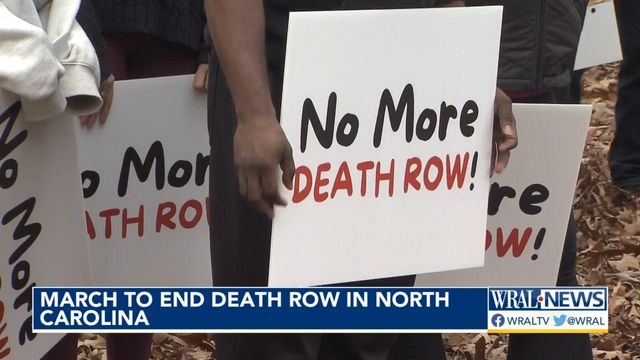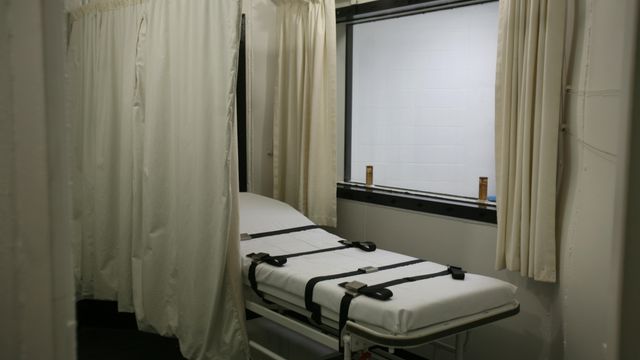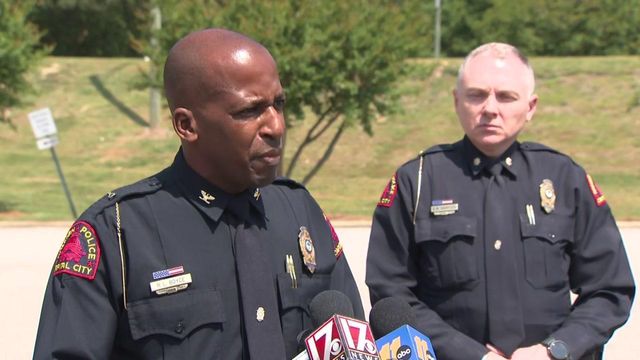Families of homicide victims join protest against the death penalty in downtown Raleigh
A rally protesting the death penalty in downtown Raleigh on Saturday could be North Carolina's largest gathering against executions in over a decade.
People against the death penalty marched from Central Prison to the NC Governor's Mansion at noon. In attendance were families who lost loved ones to homicide but believe death penalty is not the answer for those convicted of murder.
Alfred Rivera sat on NC’s death row for nearly two years back in the 90s; Since being released, he’s been advocating for those still sitting on death row.
“It was, of course, horrible," Rivera said. "Psychologically it has lasting effects. Many people are rushed through the system and given the death sentence. Some are actually innocent.”
Although the last execution carried out in NC was in 2006, the state ranks among those with the most death sentences in the nation, according to the NC Coalition for Alternatives to the Death Penalty.
Dozens of death row inmates currently live behind the heavily guarded walls of Central Prison in Raleigh; NC currently has 135 death sentences, the fifth most in the country.
“All but two are at central prison," said Kristin Collins, with the NCCADP. "The other two are women at the women’s prison, but the vast majority of them have been on death row since the 1990s. More than 3/4 of them were sentenced more than 20 years ago at a very different time. Most of them, if they were tried today, they would not be sentenced to death.”
People representing 19 families sent a letter to Gov. Roy Cooper asking him to commute the state's 135 death sentences. Among them is Megan Smith of Asheville, who lost her father and stepmother to murder.
“Executions are not justice,” Smith said. “We must dig deeper than surface-level revenge after an episode of violence. We should instead funnel our collective resources into creating strong, supportive communities that help prevent violence from occurring in the first place."
Rivera is proposing we focus on racial disparities and violence prevention.
“It’s time to end this," Rivera said. "It’s time to give the people justice. This is why we’re here. This is why we continue to be here and this is why I’m a part of it.”
More than 1,000 convicted killers have been sent to NC's death row since 1910, when the state began executions.
The large gap in NC executions is in part due to the Racial Justice Act, passed in 2009, which allowed death-row inmates to use statistics, among other evidence, to show that race-based decisions played a role in the choices made by prosecutors or other court officials, ultimately leading to their death sentences.











